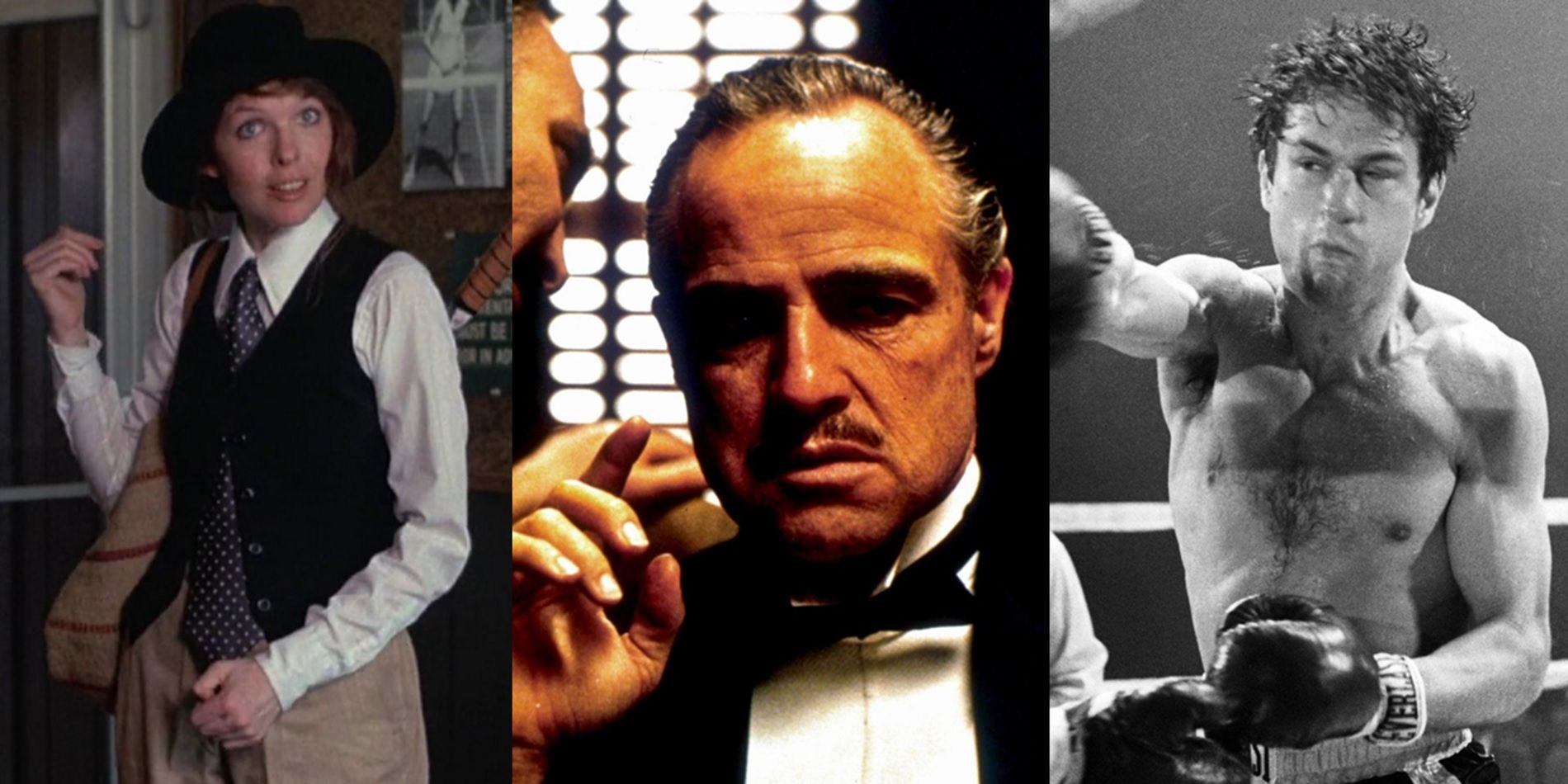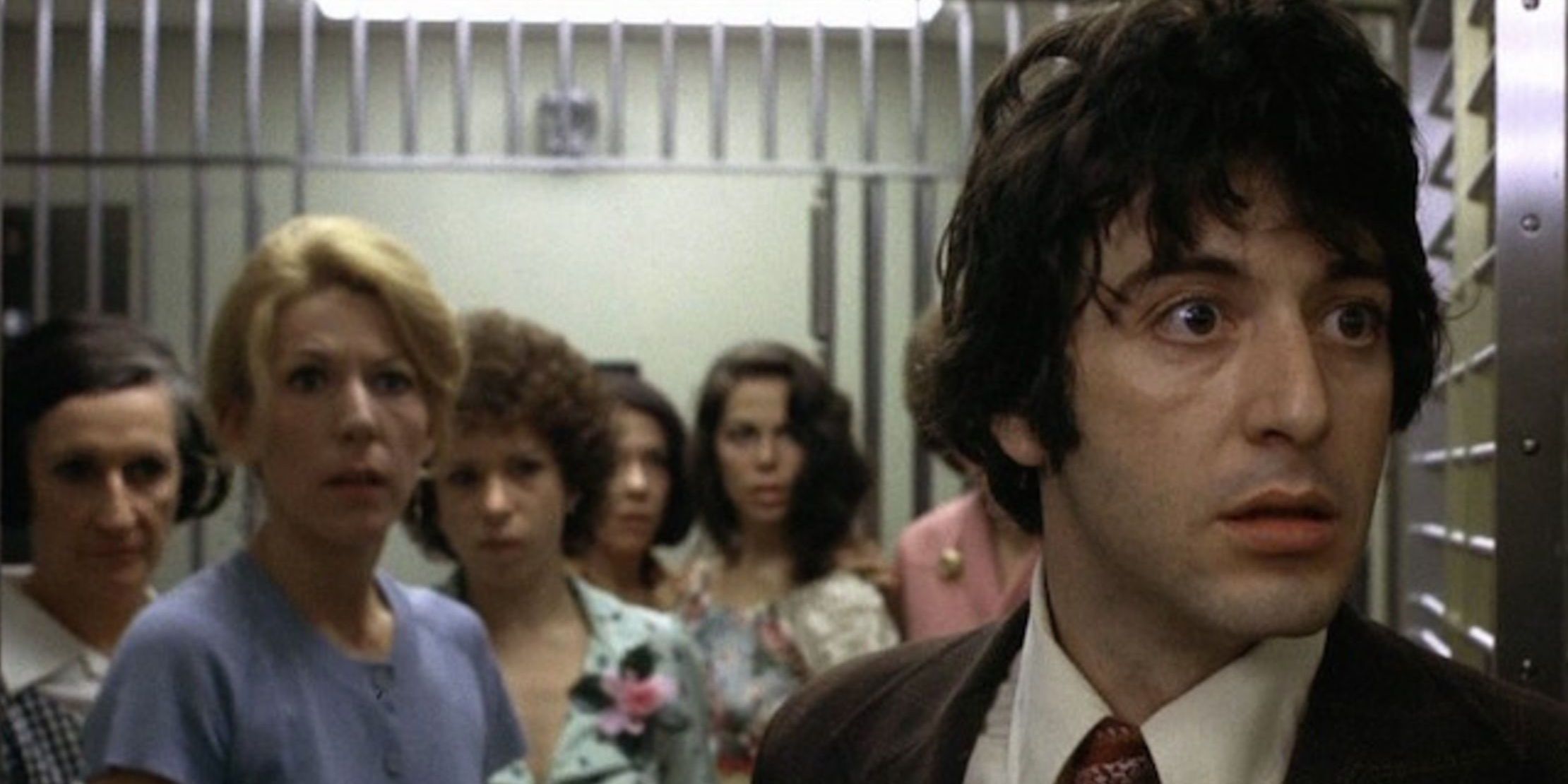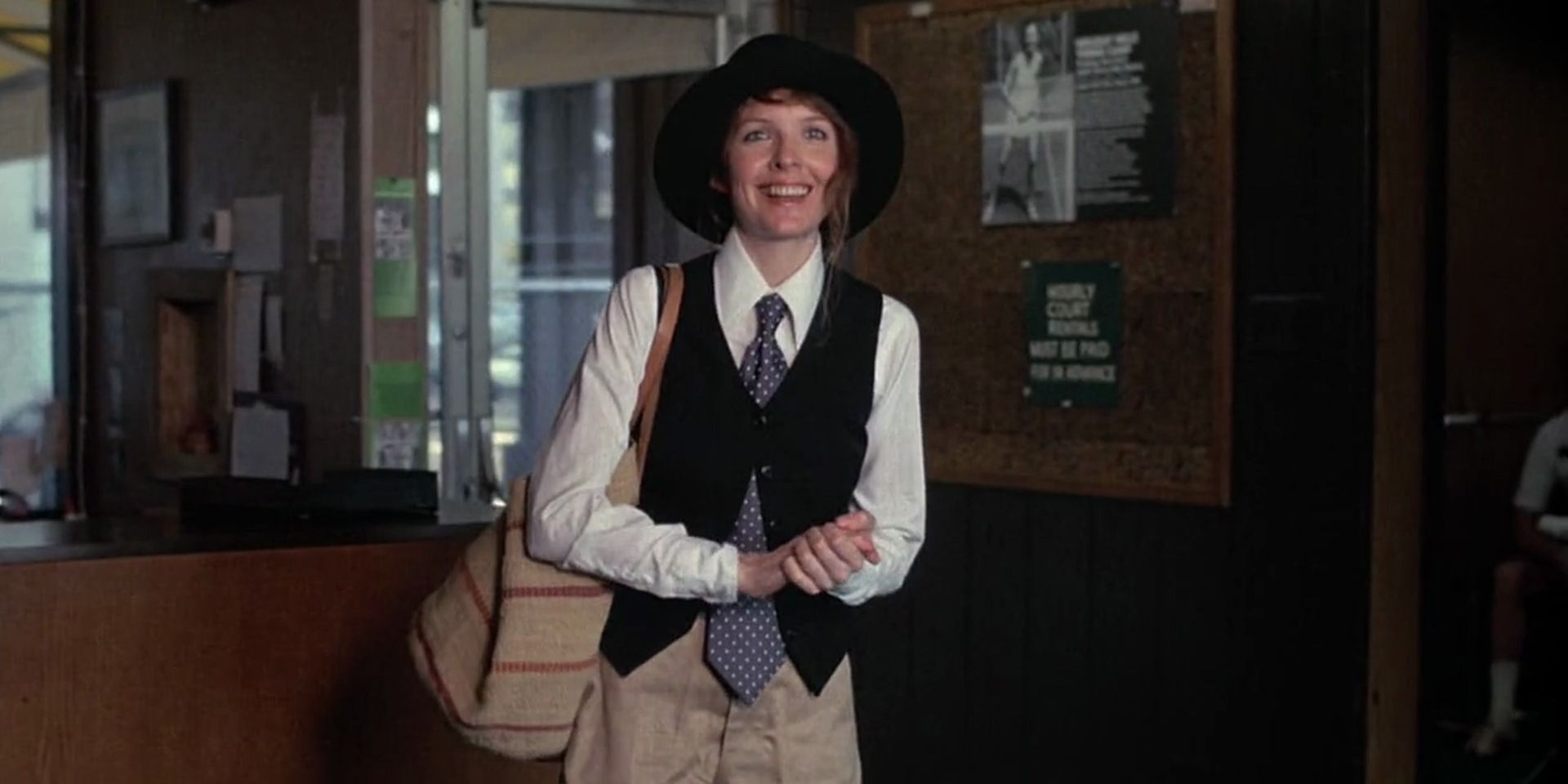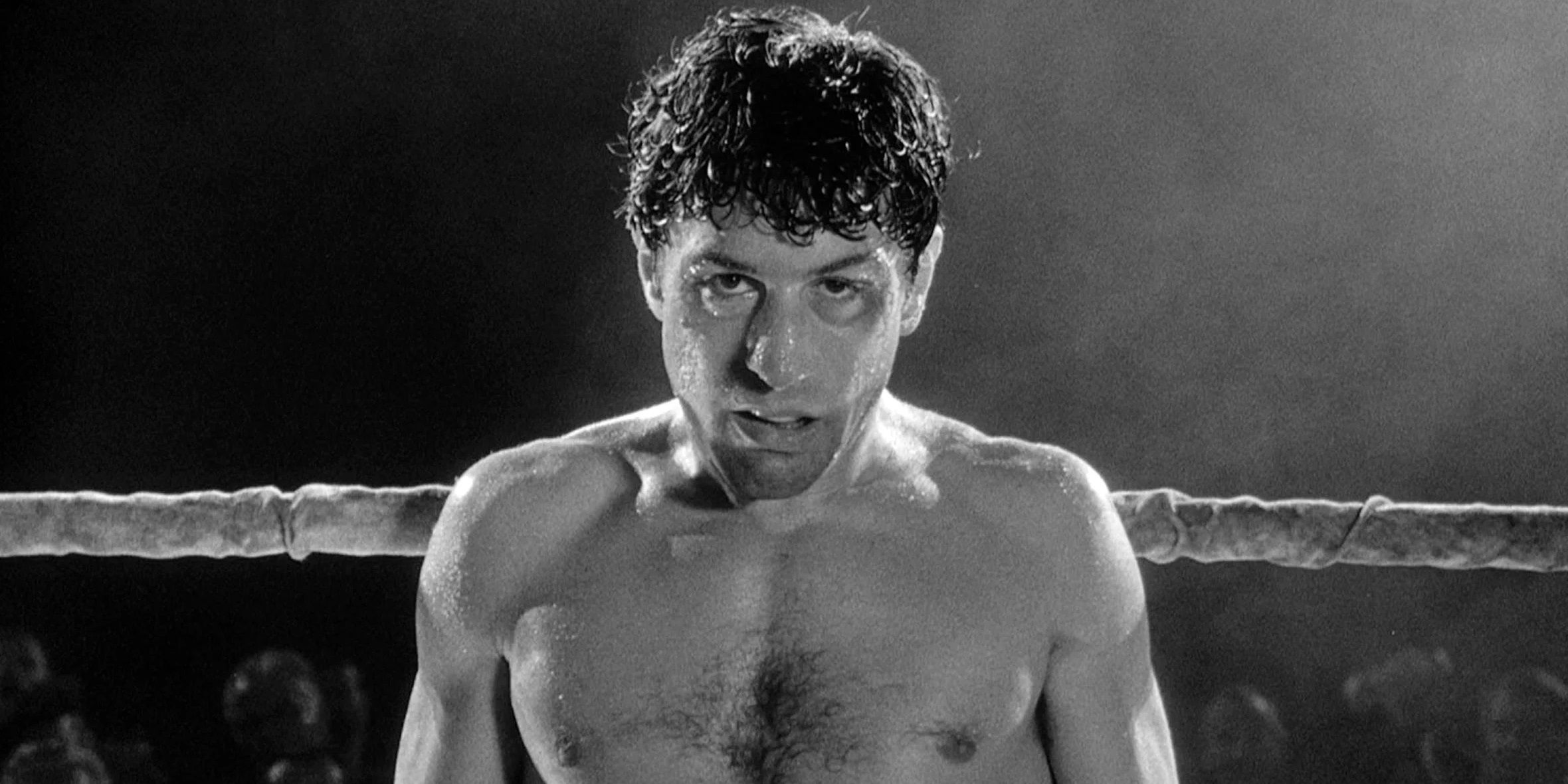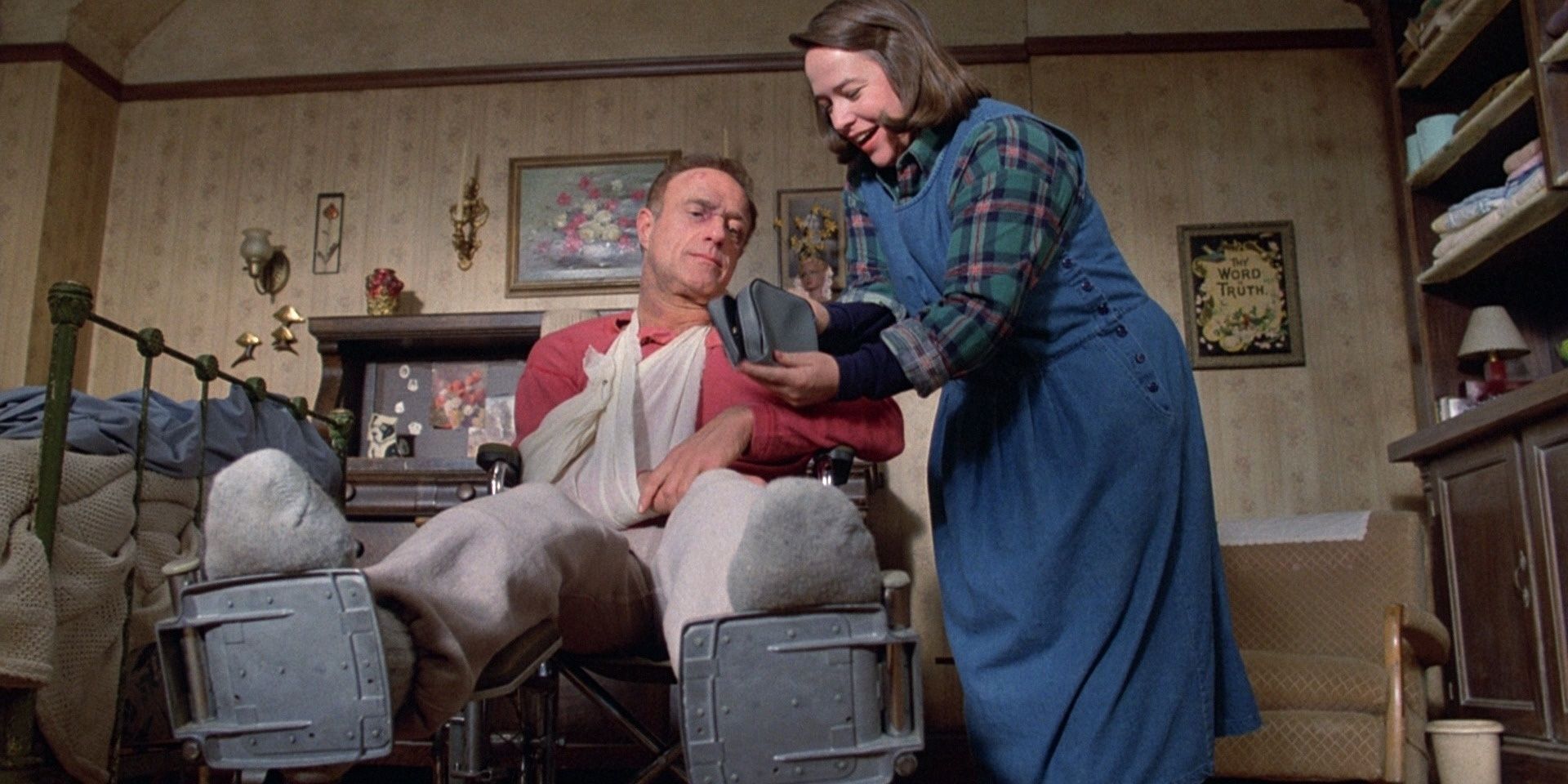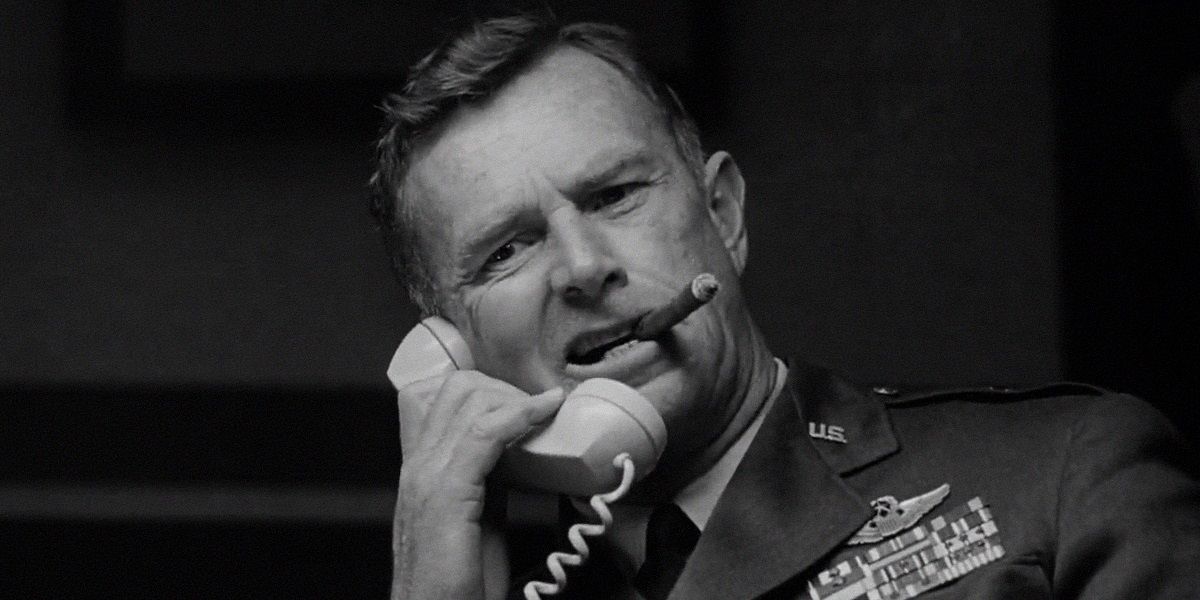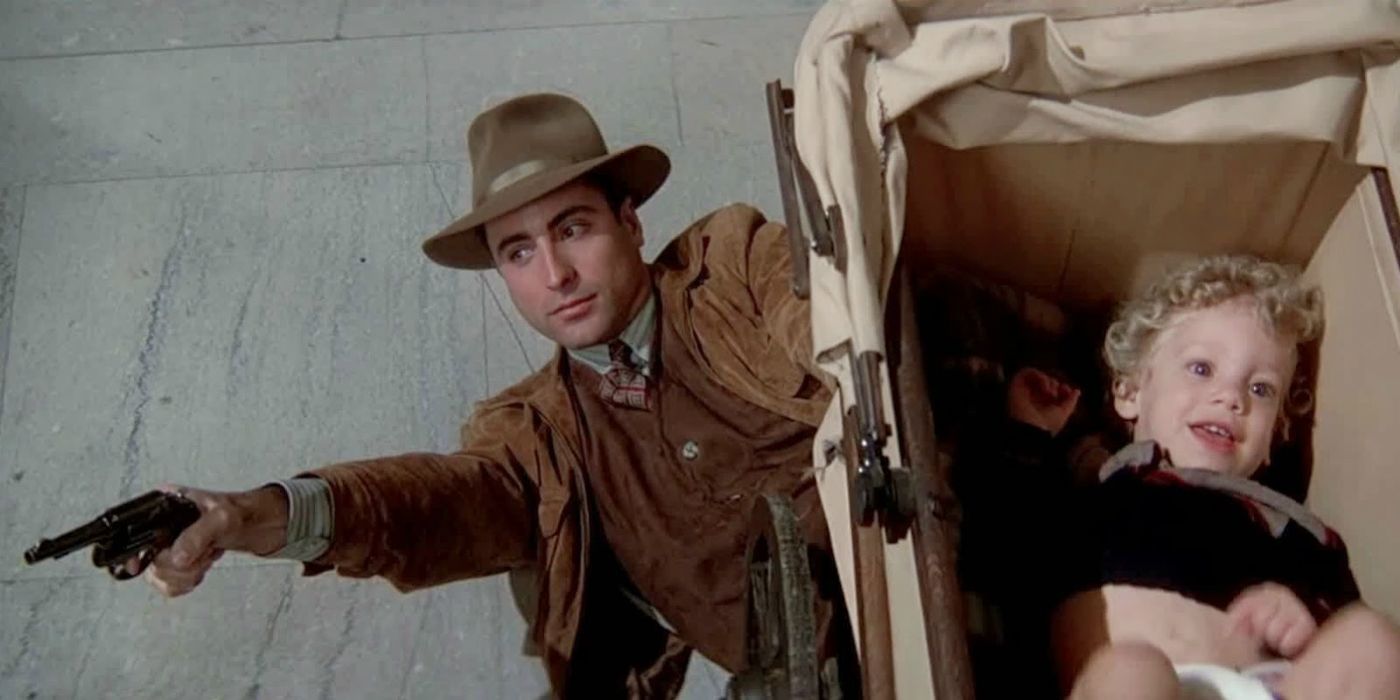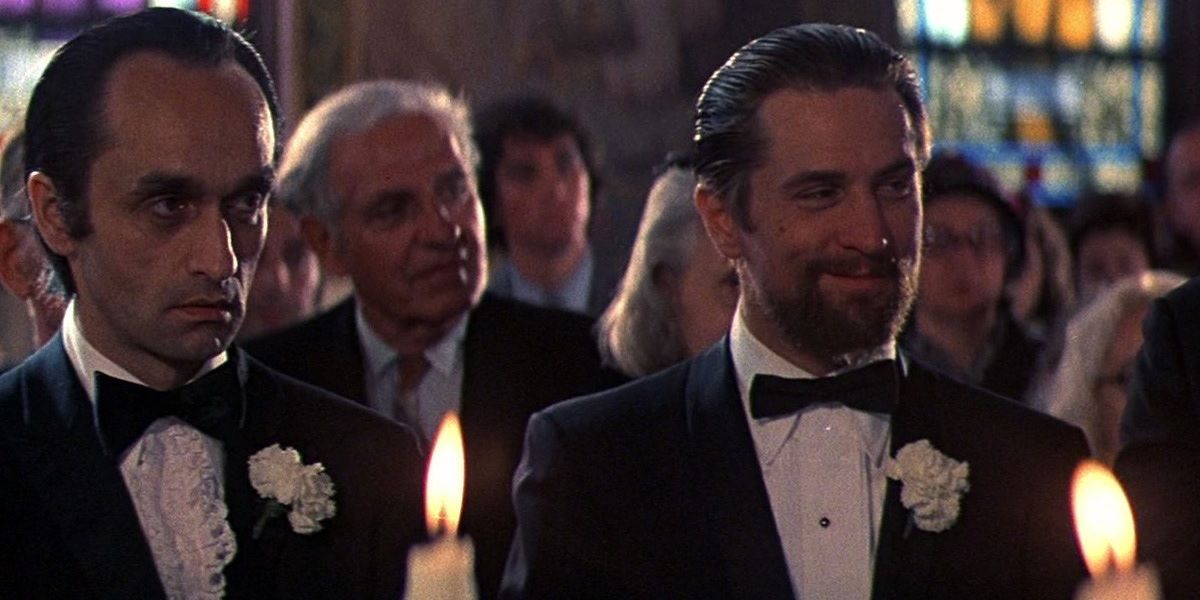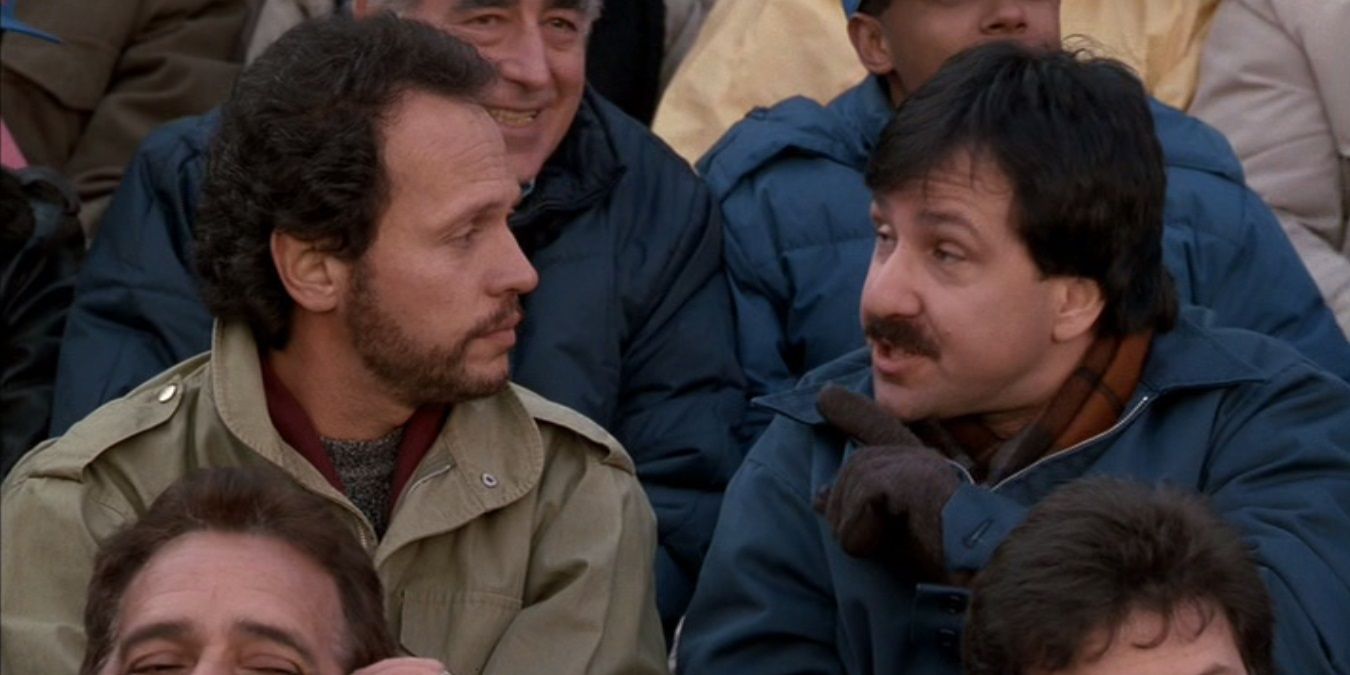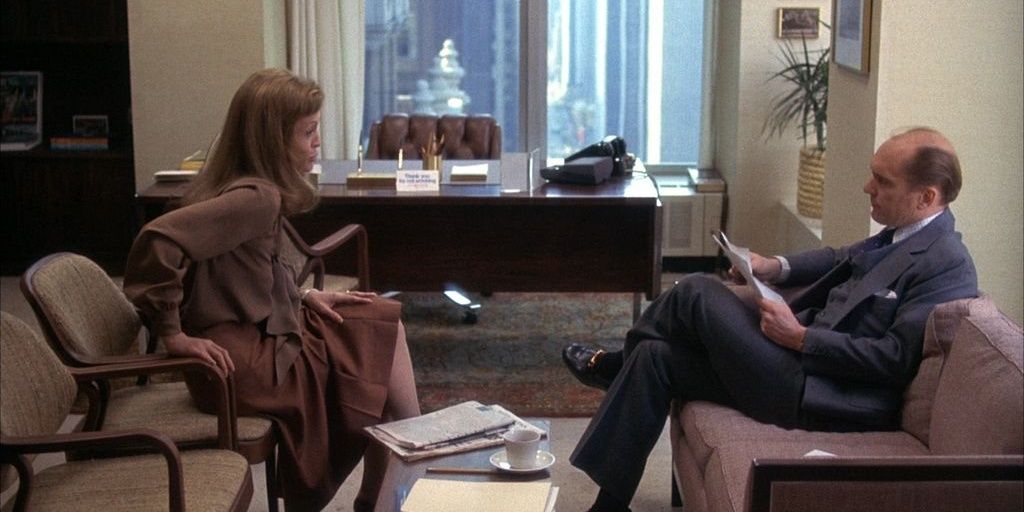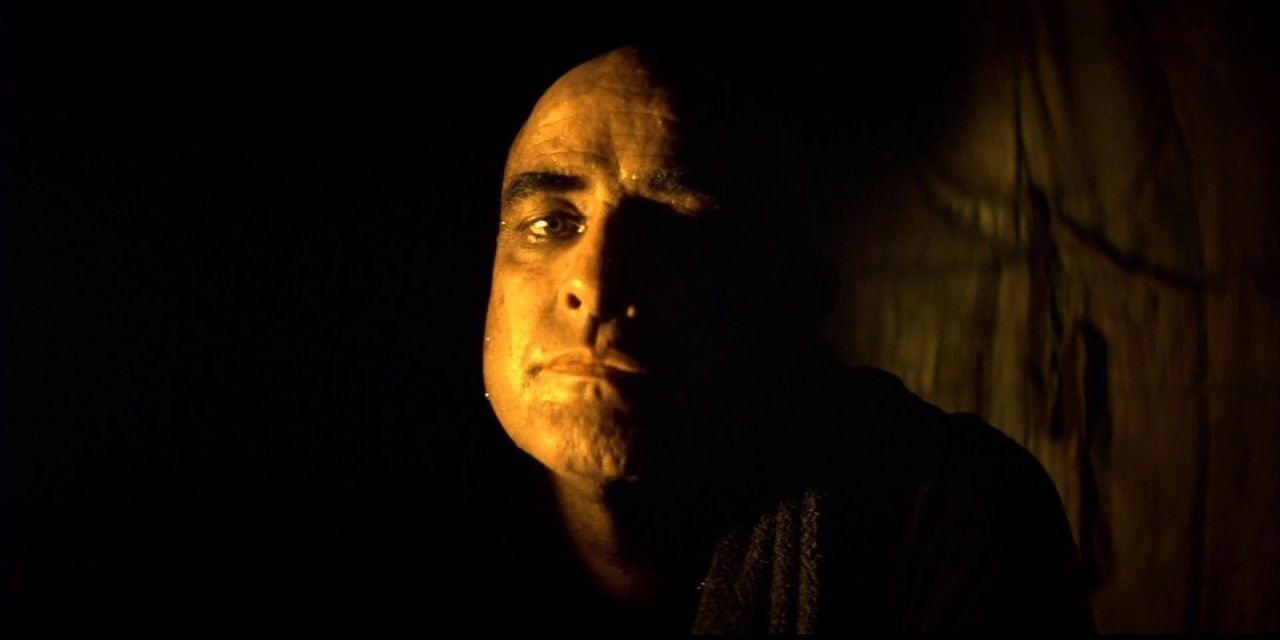Technically, the New Hollywood movement kicked off with the counterculture antics of Easy Rider in 1969, but it didn’t really take over the film industry until an ultraviolent mafia epic from Francis Ford Coppola became the highest-grossing movie of all time. The Godfather lost its box office record to Jaws three years later, but the movie itself remains a timeless masterpiece that still holds up nearly 50 years later.
With Al Pacino, Robert De Niro, Marlon Brando, and Diane Keaton leading the ensemble, The Godfather and its sequels featured some of the finest actors who ever lived. Between them, that cast has starred in some of the greatest movies ever made.
Al Pacino: Dog Day Afternoon (1975)
Al Pacino and Godfather co-star John Cazale came up together on the New York theater scene and collaborated on a few movies throughout the ‘70s before Cazale’s untimely passing in 1978 at the age of 42.
Sidney Lumet directed Pacino and Cazale in Dog Day Afternoon, a true-to-life crime thriller in which they rob a bank to pay for one of their partner's gender confirmation surgery.
Diane Keaton: Annie Hall (1977)
Diane Keaton gave an unforgettable performance as Michael Corleone’s embattled wife Kay in The Godfather trilogy, but it’s not her most memorable role. The role that defines Keaton’s career will always be Annie Hall.
With relatable characters, subversive nonlinear storytelling, and a sharp script constructed from vignettes, Annie Hall is one of the greatest romcoms ever made.
Robert De Niro: Raging Bull (1980)
Robert De Niro won an Oscar for his turn as a young Vito Corleone in the flashback sequences in The Godfather Part II. Francis Ford Coppola originally didn’t want to direct the sequel and his top choice was his friend Martin Scorsese, but the studio didn’t think Scorsese was experienced enough at the time and Coppola ended up helming the movie himself.
Throughout his career, De Niro has made a bunch of great movies with Scorsese, from Mean Streets to Taxi Driver to Goodfellas. Arguably the pinnacle of their collaboration is the black-and-white boxing biopic Raging Bull, which won De Niro another Oscar.
James Caan: Misery (1990)
When Rob Reiner began work on a film adaptation of Stephen King’s Misery, he offered the lead role of Paul Sheldon — a writer who’s saved and subsequently terrorized by his number one fan — to just about every major star in Hollywood.
They all turned it down because Paul was overshadowed by Kathy Bates’ Annie Wilkes, but The Godfather’s James Caan enjoyed the challenge of playing a reactionary role.
Sterling Hayden: Dr. Strangelove (1964)
Throughout the 1950s, Sterling Hayden starred in a bunch of westerns and film noirs, but in the 1960s, Hayden stepped back from leading roles and played more supporting parts, which led to some of his most memorable performances.
Long before playing Captain McCluskey in The Godfather, Hayden gave a hysterical supporting turn as General Jack D. Ripper in Stanley Kubrick’s incisive political satire Dr. Strangelove.
Andy García: The Untouchables (1987)
While Brian De Palma’s most celebrated gangster film is Scarface, his adaptation of The Untouchables is a terrific entry in the genre, too. The movie stars Kevin Costner as Eliot Ness and Robert De Niro as Al Capone.
Andy García, who starred in the controversial The Godfather Part III, played Bureau of Prohibition special agent George Stone in The Untouchables.
John Cazale: The Deer Hunter (1978)
John Cazale was already suffering from the terminal cancer that ultimately took his life when Michael Cimino's Vietnam War epic The Deer Hunter went into production. He was considered uninsurable and the studio didn’t want to cast him, but Cimino and Meryl Streep threatened to walk if they didn’t and Robert De Niro paid Cazale's insurance to keep him in the movie. This ended up being Cazale’s final film.
Cimino's masterpiece follows three blue-collar small-town guys who are shipped off to fight in Vietnam and return with permanent psychological scars.
Bruno Kirby: When Harry Met Sally (1989)
Richard Castellano played the role of Peter Clemenza in the first Godfather movie. The younger incarnation of the character in Part II was played by Bruno Kirby, who’d previously played Castellano’s son in TV’s The Super.
This was the role that made Kirby’s career. He went on to play Harry’s best friend in When Harry Met Sally and the anti-Robin Williams in Good Morning, Vietnam.
Robert Duvall: Network (1976)
Sidney Lumet’s Network is a biting satire of the media in which a news anchor is told he’s being fired, threatens to take his own life on the air, and becomes a ratings sensation that executives hope to capitalize on.
Peter Finch steals the show as Howard Beale, a performance that earned him the first-ever posthumous Best Actor win at the Oscars, but the movie’s ensemble cast is filled with great performances by the likes of Faye Dunaway, William Holden, and indeed The Godfather’s Robert Duvall.
Marlon Brando: Apocalypse Now (1979)
Francis Ford Coppola’s collaboration with the notoriously difficult-to-work-with Marlon Brando didn’t end with The Godfather. When Coppola adapted Joseph Conrad’s Heart of Darkness for the screen in a Vietnam War setting, he tapped Brando to play Colonel Kurtz.
The first and second acts of Apocalypse Now follow Martin Sheen’s Captain Willard as he journeys up the river to assassinate Kurtz, with the mad colonel shrouded in mystery. After all this build-up, Brando’s captivating performance manages to live up to the hype.

